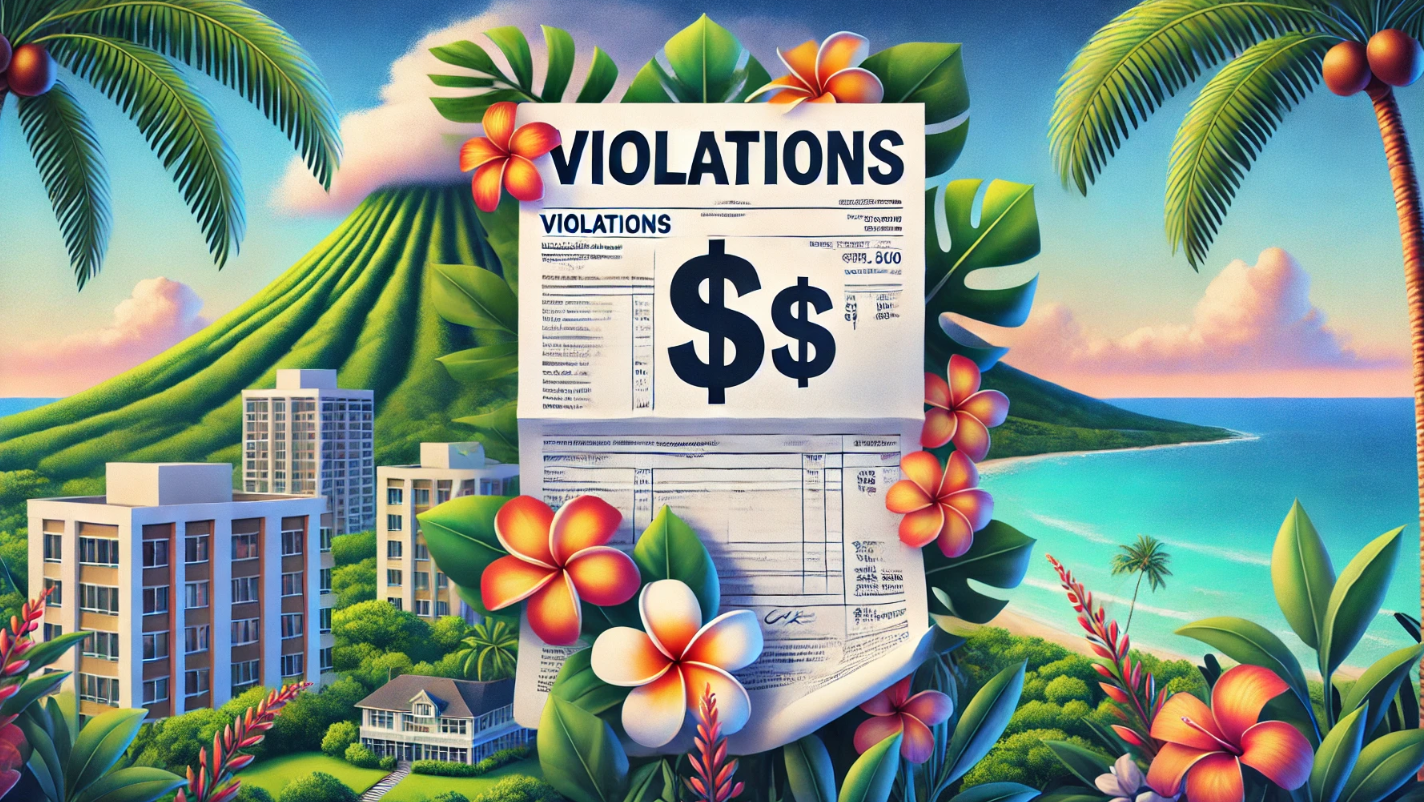Having a criminal record when trying to look for a job can feel like having a lead weight on your neck while trying to swim.
“On September 15, 2020, Hawaii Governor David Y. Ige signed Senate Bill 051, which narrows the scope of convictions that employers can use for hiring and other employment-related decisions. The new law is effective immediately.“
Seyfarth Shaw LLP
It has been 2 years since this came into effect and hopefully all Hawaii employers are now abiding by the new standards. Back in 1998, Hawaii became the first state to prohibit a private employer from inquiring about a job applicant’s criminal history until the employer has made a conditional offer of employment. Up until now, the state also made it unlawful for an employer to consider an applicant or employee’s conviction record unless the record was less than 10 years old, excluding periods of incarceration. Additionally, those records can only disqualify a person from employment if the employer can show the record has a “rational relationship” to the duties and responsibilities of the position in question.
New Laws
With the opinion that a 10-year lookback period may perpetuate employment discrimination against individuals who have an older criminal history, the state legislature made changes to the law. They determined it appropriate to shorten the 10-year lookback period to “reduce unnecessary employment discrimination against individuals with old and relatively minor conviction records, in furtherance of economic self-sufficiency, and to reduce crime and recidivism rates.”
To this end, effective September 15, 2020, employers in Hawaii now may only consider
- Felony convictions that occurred in the most recent seven (7) years
- Misdemeanor convictions that occurred in the most recent five (5) years (both excluding any periods of incarceration). The law still requires employers to allow applicants or employees to present documentary evidence of their date of release from incarceration if they disagree with the period of incarceration reported to the employer. Importantly, the record still must bear a “rational relationship” to the job in question in order to be disqualifying.
Exceptions to the Rule
There are however, numerous exceptions, including for certain schools, healthcare institutions, financial institutions, insurance institutions, and many others. Hawaii employers should ensure that their screening and other hiring practices comply with the amended law. Employers also should continue to be mindful of other laws regulating criminal records checks and screening policies, including state and local employment and ban-the-box laws and the growing body of laws restricting employer use of credit reports and other credit history information in hiring and other employment decisions. Class action lawsuits against employers over the Fair Credit Reporting Act’s hyper-technical requirements continue to be filed, employers also would be well-advised to review and edit their disclosure and authorization forms and stay abreast of legal updates in this area of the law.
Learn more at the US Equal Employment Opportunity Commission
Removing Criminal Records
The process for removing criminal records varies depending on the jurisdiction and the nature of the offense. However, there are several options you can consider:
- Expungement or Sealing: In some states, you may be able to have your criminal record expunged or sealed. Expungement removes the record from public view, while sealing restricts access to the record. You will need to meet certain eligibility requirements, and the process can be complex, so it’s important to consult with a lawyer who specializes in criminal record expungement in your jurisdiction.
- Pardon: A pardon is an official forgiveness for a crime that is granted by a governor or other executive authority. Pardons can vary in their impact, but they can result in the restoration of rights, such as the right to vote or own a firearm. The process for obtaining a pardon also varies by jurisdiction.
- Certificate of Rehabilitation: Some states offer certificates of rehabilitation, which are official documents that attest to a person’s rehabilitation after a criminal conviction. These certificates may help you obtain employment or housing, but they do not remove the record of the conviction.
- Record sealing services: Some private companies or law firms specialize in record sealing services. These services typically involve reviewing your criminal record, determining your eligibility for record sealing or expungement, and then handling the paperwork and court filings on your behalf. However, it’s important to be cautious when considering these services, as some may make unrealistic promises or charge exorbitant fees.
- Wait for the record to be automatically sealed or expunged: Some jurisdictions have automatic expungement or sealing provisions, which means that certain types of convictions or arrests will be removed from the record after a certain period of time has elapsed. It’s important to check the laws in your jurisdiction to see if you are eligible for automatic record sealing or expungement.
It’s important to note that removing a criminal record can be a complex and time-consuming process, and it’s important to consult with a lawyer who specializes in criminal record expungement in your jurisdiction.
Resources
Here are some links specific to Hawaii residents who are interested in removing their criminal records:
- Hawaii Legal Aid: Hawaii Legal Aid provides free legal assistance to low-income residents in Hawaii. They may be able to provide guidance on the process of expungement or sealing of criminal records.
- Hawaii Criminal Justice Data Center: The Hawaii Criminal Justice Data Center maintains criminal history records for the state of Hawaii. They may be able to provide information on the process of expungement or sealing of criminal records.
- Hawaii State Judiciary: The Hawaii State Judiciary provides information on the process of expungement or sealing of criminal records on their website.
- Hawaii State Legislature: The Hawaii State Legislature website provides information on the laws and regulations related to the expungement or sealing of criminal records in the state.
- Hawaii County Office of the Prosecuting Attorney: The Hawaii County Office of the Prosecuting Attorney provides information on the process of expungement or sealing of criminal records for residents of Hawaii County.
Removing a criminal record can be a complex process, with options including expungement, pardon, certificate of rehabilitation, record sealing services, and waiting for automatic sealing or expungement. Requirements and procedures vary by jurisdiction and the offense. Those seeking to remove a criminal record in Hawaii can access information and guidance through legal aid organizations, government agencies, and the Hawaii County Office of the Prosecuting Attorney.
Legal Resources
Here are some sources of free legal aid for Hawaii residents:
- Legal Aid Society of Hawaii: Provides free legal assistance to low-income individuals and families in Hawaii. They have offices throughout the state and offer assistance in a range of legal areas, including family law, housing, public benefits, and immigration.
- Hawaii State Bar Association: Offers several programs that provide free legal assistance to low-income residents of Hawaii, including the Access to Justice Room, the Volunteer Legal Services Hawaii, and the Hawaii State Bar Association’s Pro Bono Referral Program.
- Native Hawaiian Legal Corporation: Provides free legal assistance to Native Hawaiians in Hawaii. They assist with a range of legal issues, including land rights, environmental protection, and cultural preservation.
It’s important to note that eligibility requirements may apply for some of these programs and services, and availability may vary depending on the location and type of legal issue















